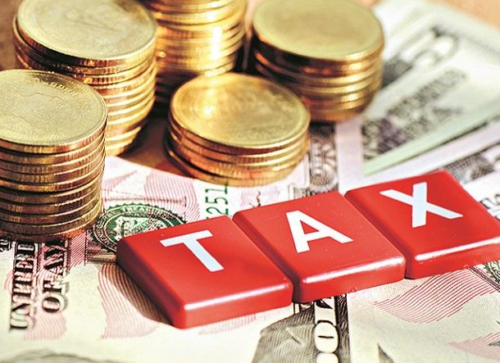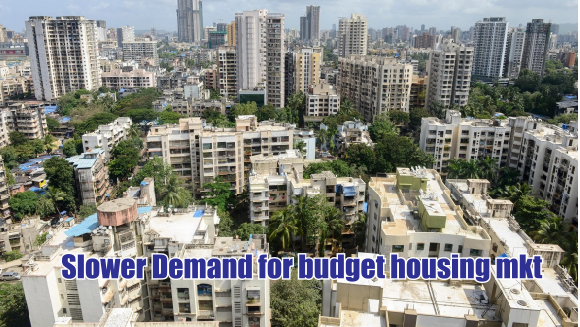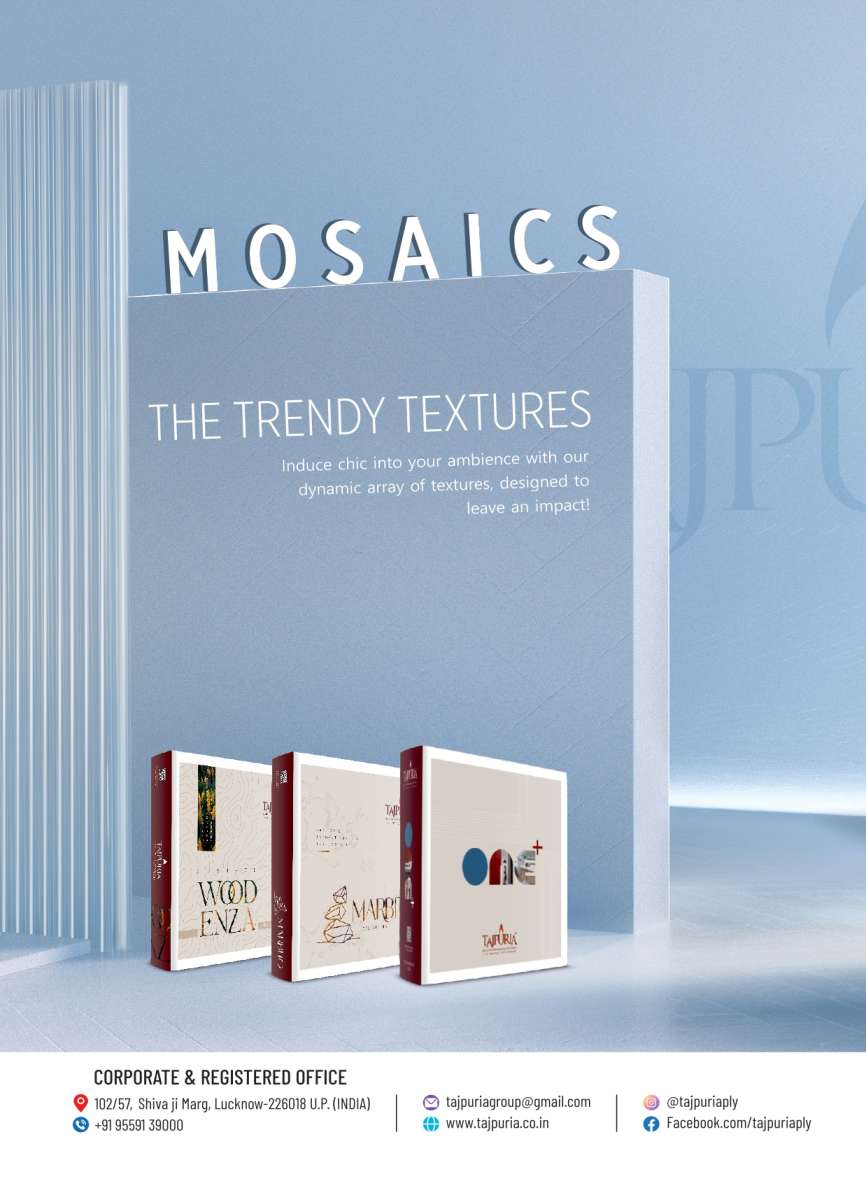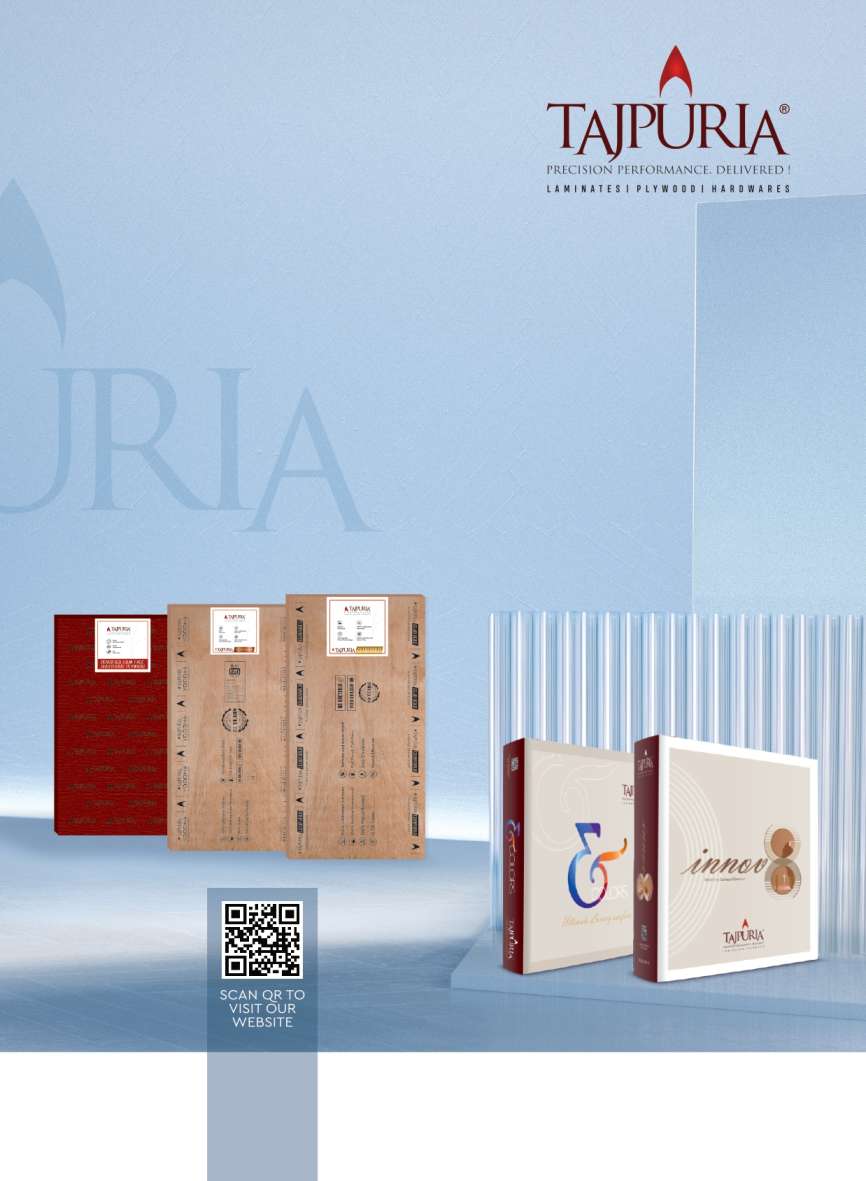
Direct or Indirect tax?
- August 31, 2021
- 0
In the context of the recent provisional data put out by the office of the Controller General of Accounts, which showed that the Centre’s collection of indirect taxes exceeded collections from direct taxes in 2020-21, there has been much hand-wringing among economists about regressive taxes overtaking progressive ones.
This reasoning is flawed in the Indian context, for our goods and services tax (GST) is actually progressive, and these very same economists want GST to ultimately become a single rate of tax. In short, to make compliance easier, the advice is that GST must become regressive in future. We need to also ask: it directs taxes are indeed the way to go, how are you going ti tax the rural rich who drive all their incomes from negatively-taxed agriculture? Isn’t indirect tax the best way to ensure they pay some tax at least?
On the other hand, it is not always true that direct taxes have to be progressive. A state that levies a flat rate of income tax will be regressive, even as a tax rate that rises with income levels is progressive. Depends not on the tax itself, but the rate structure. The tradeoff happens because one sacrifices equity for simplicity, or vice-versa.
As for the tax –GDP ratio, the less said the better. This ratio is the result of not just tax policies, but levels of compliance and levels of economic activity achieved. It is a derivative number, and should not be a focus area for action. The focus should be on having a rate where compliance ia maximized, and economic activity is least impeded. It is time we stopped obsessing with the wrong goals.
In a diverse country like India, where taxpayers and social security beneficiaries may come from different communities the willingness to comply will always be low. Hence the need for tax terrorism, which then nudges high net worth individuals to move elsewhere.
Indirect taxes are the right way to make people pay more taxes, without anybody fretting about who is paying them or benefiting from them. High direct tax rates are wrong for us; bearable indirect taxes, with near zero rates for wage-goods, are the way to go for India.
The late Chinese boss man, Deng Xiaoping, is credited with the aphorism that it does not matter what the colour of the cat is as long as it catches mice. The importance of this practical idea-that getting things done is more important than theories and ideologies that underpin them like Deng implied, let’s not worry about the colour of the tax cat right now as long as it brings in the moolah.
प्रत्यक्ष या अप्रत्यक्ष कर ?
नियंत्रक एवं महालेखाकार कार्यालय के हालिया प्रारंभिक आंकड़ों के अनुसार 2020-21 में केंद्र सरकार का अप्रत्यक्ष कर संग्रह, प्रत्यक्ष कर संग्रह से अधिक था। अर्थशास्त्री इस बात को लेकर उलझे हुए हैं कि प्रत्यक्ष कर जैसे प्रगतिशील कर पर अप्रत्यक्ष कर जैसा पुरातन कर भारी है।
भारतीय संदर्भ में यह दलील गलत है। हमारा वस्तु एवं सेवा कर (जीएसटी) वास्तव में प्रगतिशील है और यही अर्थशास्त्री चाहते हैं कि जीएसटी को एक दर वाला कर बना दिया जाए। संक्षेप में कहें तो अनुपालन को आसान बनाने के लिए सलाह यह है कि जीएसटी भविष्य में प्रगतिशील न रहे। हमें यह भी पूछना होगा कि यदि प्रत्यक्ष कर ही सही हैं तो हम ग्रामीण अमीरों पर कैसे कर लगाएंगे जिनकी पूरी आय कृषि से आती है। क्या अप्रत्यक्ष कर बेहतर व्यवस्था नहीं है?
दूसरी ओर यह बात हमेशा सच नहीं होती कि प्रत्यक्ष कर प्रगतिशील ही होगा। एक समान आय कर लगाने वाला देश भी पुरातनपंथी हो सकता है जबकि आय के बदलते स्तर के साथ कर दरों में बदलाव प्रगतिशील माना जाता है। कर दर का प्रगतिशील या पुरातन होना केवल कर पर नहीं बल्कि कर ढांचे पर भी निर्भर करता है।
कर-जीडीपी अनुपात के बारे में जितना कम कहा जाए उतना अच्छा। यह अनुपात केवल कर नीतियों की बदौलत नहीं होता बल्कि अनुपालन का स्तर और आर्थिक गतिविधियों का स्तर भी इससे संबंधित है। इस पर ध्यान केंद्रित नहीं करना चाहिए। एक ऐसी दर हासिल करने का प्रयास करना चाहिए जहां अधिकतम अनुपालन किया जा सके और आर्थिक गतिविधियां न्यूनतम बाधित हों।
भारत जैसे विविधता वाले देश में जहां करदाता और सामाजिक सुरक्षा का लाभ लेने वाले अलग-अलग समुदायों से आते हैं, वहां अनुपालन की इच्छा हमेशा कम रहेगी। ऐसे में कर आतंक की समस्या होती है और उच्च परिसंपत्ति मूल्य वाले लोग दूसरे देशों में जाकर बस जाते हैं। लोगों से अधिक कर वसूलने के लिए अप्रत्यक्ष कर सही तरीका है। प्रत्यक्ष कर की ऊंची दरें हमारे लिए सही नहीं हैं। भारत को अप्रत्यक्ष कर की ऐसी दर अपनानी चाहिए जिन्हें बरदाश्त किया जा सके।
चीन के एक प्रमुख दिवंगत नेता तंग श्याओफिंग एक कहावत कहा करते थे कि बिल्ली जब तक चूहे पकड़ रही है तब तक इस बात से कोई फर्क नहीं पड़ता कि उसका रंग क्या है। कहने का अर्थ यह था कि काम ज्यादा महत्त्वपूर्ण है, बजाय कि उससे जुड़े सिद्धांत या विचारधाराओं के। तंग श्याओफिंग की कही बात का हवाला लें तो जब तक पैसा आ रहा है तब तक यह परवाह करने की आवश्यकता नहीं कि वह किस प्रकार के कर से आ रहा है।































































